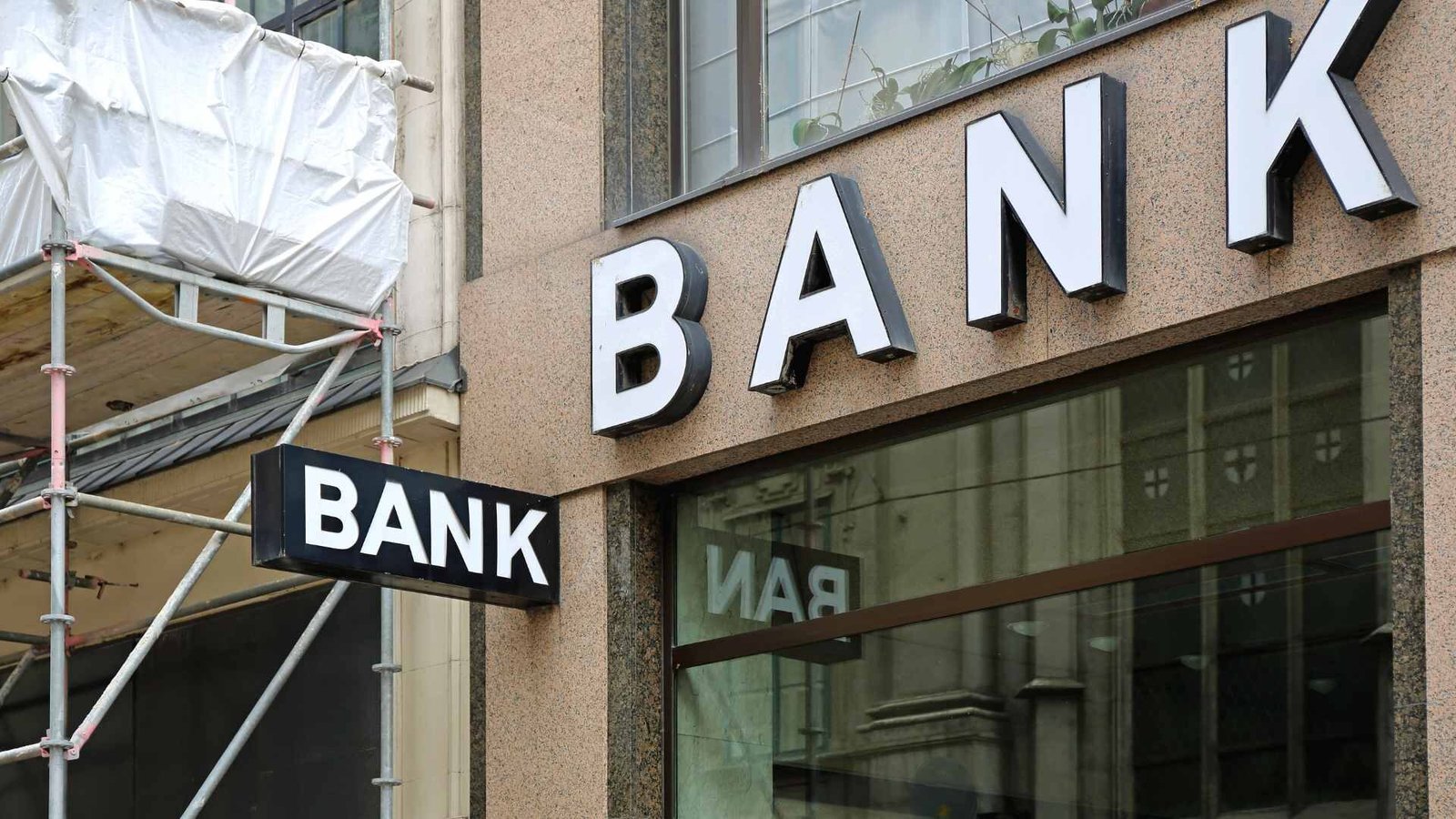Gender diversity in corporate leadership is more than a moral obligation—it’s a business advantage. Research shows that diverse teams, especially those with women in leadership, boost innovation, improve decision-making, and enhance financial performance. The United Arab Emirates (UAE) has emerged as a regional leader in gender equality, ranking first among Arab countries in the World Economic Forum’s Global Gender Gap Report 2023 and 7th globally in the Gender Inequality Index of the United Nations Development Programme’s Human Development Report 2024. Yet, in the banking sector—a cornerstone of the UAE’s economy—the question remains: are banks doing enough to ensure women are represented on their boards? The Current State of Gender Diversity in UAE Banks The UAE has made notable strides in increasing female representation on corporate boards. According to the GCC Board Gender Index Report 2025, women hold 14.8% of board seats in listed UAE companies, up from 10.8% in 2024—a 37% increase. This figure, based on 1,248 board seats across 729 listed companies, positions the UAE as a leader in the Gulf Cooperation Council (GCC) region, surpassing Bahrain (8.5%), Oman (6.6%), Kuwait (5.5%), Saudi Arabia (2.9%), and Qatar (2.8%). While this data includes banks, specific figures for the banking sector alone are not isolated, suggesting that banks likely follow this broader trend. In 2021, only 3.5% of board seats in UAE-listed companies were held by women. The jump to 14.8% by 2025 is significant, but it falls short of key targets. The Dubai Women Establishment’s “Women on Boards”
Topics
- Artificial Intelligence
- companies
- Construct 360
- E-Commerce industry
- Economy News
- Economy News
- Editor Choice
- Edtech industry
- energy industry
- Entertainment & Leisure
- Entrepreneurs
- Featured
- Fintech
- Funding News
- General News
- Government Policies
- Growth & Strategy
- Health & Wellness
- Healthtech
- industry
- Information & Communication Technology
- Lifestyle
- Management
- Management and Leadership
- Marketing & Branding
- Merger and Acquisition
- Money & Personal Finance
- News
- Oil and Gas
- Real Estate
- Sports and Productivity
- Start-up
- Technology
- Top 10 Listing Article
- Travel
- Women
More
Popular Categories




